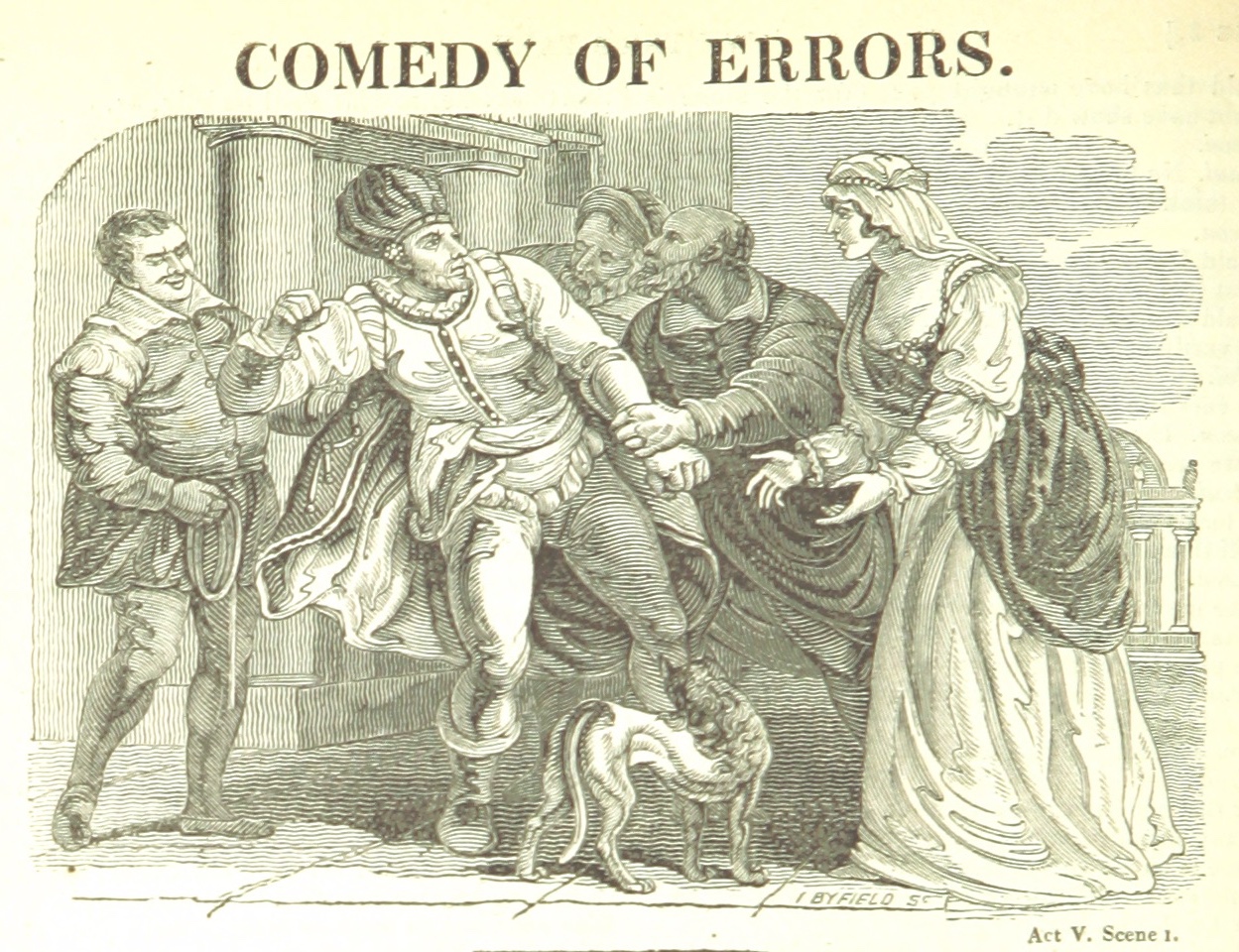Most of what I’ve learned about both cooking and woodworking I’ve learned on my own, from books, from the internet, occasionally from television, and from experimentation. There’s been a lot of what I’d not uncharitably call hacking. Much of it has worked. But as I’ve gotten older I’ve come to appreciate the value of direct instruction, and by direct I mean in-person, physical instruction. There are questions you can’t ask of a book and answers you can’t get without physical presence.
Here’s an example. I learned to cut pretty good dovetails by watching Roy Underhill on television and reading his books, and then by practicing. But when he opened his Woodwright’s School I jumped at the chance to take a basic joinery class, because by then, fifteen years into my haphazard and frequently interrupted pursuit of hand-tool woodworking, I had a pretty good sense of what I wasn’t figuring out on my own. I knew how the tools worked, what the process was, and what the result should look like, and I could replicate all that decently, but something was missing.
So I took a class on what I supposedly already knew how to do. When Roy stopped by the bench to check on my progress, I knew what I wanted to know: How do you stand in relation to the work? Where do your feet go and where do they point? How can I best use my hands and fingers to guide the chisel when I’m paring? It’s elementary stuff, the kind of thing you get on day one in a face-to-face class or an apprenticeship, but it’s hard to see on video and harder to interpret from books. As I said last week about the difficulty of learning from cookbooks, this isn’t a limitation of the authors or directors, but of the medium. Woodworking is a physical craft; you learn it best from physical presence! While it can be reduced to a process, a procedure, an algorithm, doing so… reduces it. The physical, bodily aspect is lost, and the bodily aspect, of course, is the one that matters most.
Anyway, I got what I needed from that class. What I had been doing sort of jangled around, getting decent results but never feeling right and eventually stalling on a plateau; now my work slipped into a groove where I could keep improving. I’ve made a few adjustments since, but they’re gradual improvements or experiments from a solid foundation. I love books, and I can’t imagine how I’d have ever gotten into woodworking, let alone kept developing skills, without libraries and magazines and television and the internet. But I can’t help thinking we’re hamstrung by relying so heavily on all these visual and intellectual means of instruction for what is, after all, work of the body.
What to do about that is the question, and I don’t know how to answer it, except to say more community. (I was going to say that I can’t imagine how traditional woodworking could have been revived without technologically mediated communication — television, internet, radio maybe not so much. But of course if we didn’t have technologically mediated communication, we might still have something more like traditional community in which it was easier to work together, literally together. So I was imagining our society as it presently is without some of the things that made it what it is but that also provide us a means of navigating it, which is nightmarishly dystopian but not very realistic. So never mind that.)
